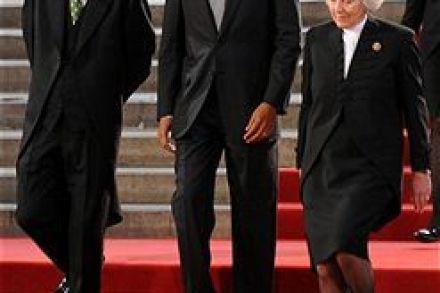Lansley’s original reforms are off the table
Nick Clegg’s speech on the NHS this morning was not as bad as many feared it would be. It recognised that there is a role for competition in the NHS, something that the Lib Dems were questioning last weekend, and that the NHS needs to be opened up to any qualified provider. But, on the other hand, the idea that any willing provider should be able to deliver NHS services — an idea which was in the manifesto of all three parties — will now only be introduced at a glacial pace. There’ll also be a two-tier NHS for the foreseeable future with some areas having GP-led commissioning, while NHS


















